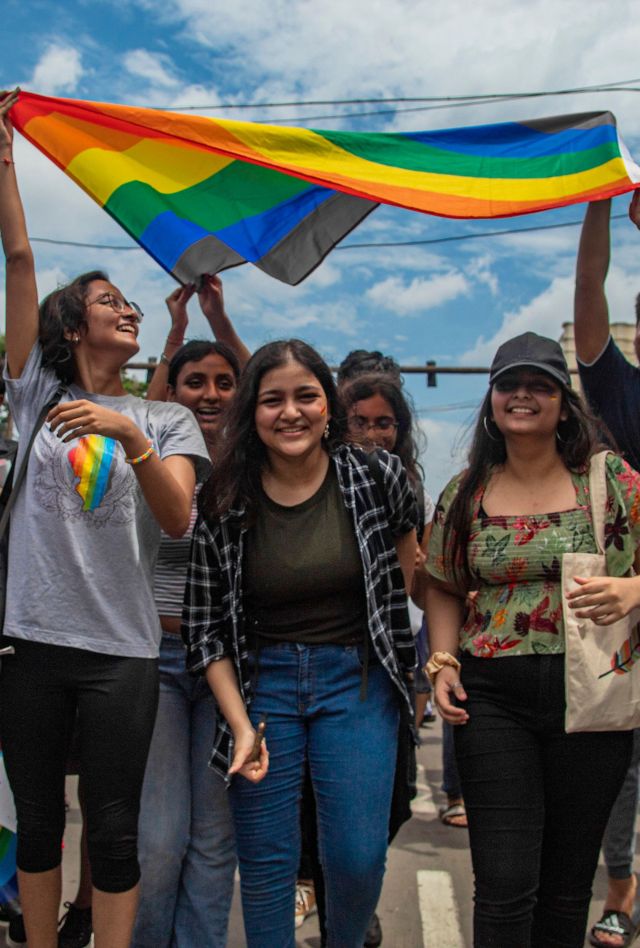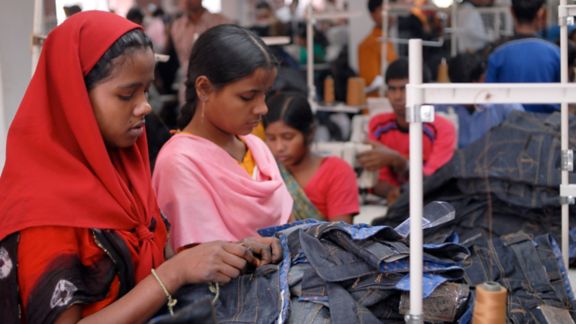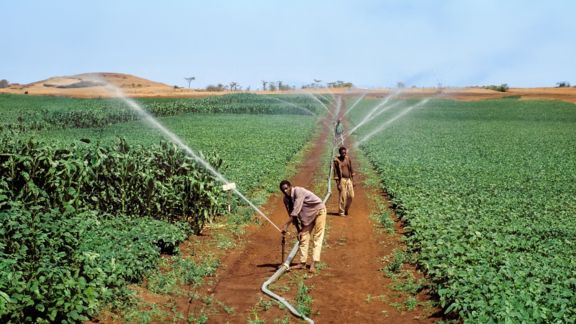LGBTI Global Development Partnership Evaluation

Lesbian, gay, bisexual, transgender, and intersex (LGBTI) individuals face rampant discrimination and violence. More than 70 countries and territories currently criminalize same-sex relationships, with several countries imposing the death penalty. As a result, LGBTI individuals suffer physical, emotional, social, and economic harm.
To help build the capacity of LBGTI groups, NORC at the University of Chicago joined the U.S. Agency for International Development (USAID) and the Swedish International Development Cooperation Agency in the LGBTI Global Development Partnership project. The Partnership's goal was to train LGBTI leaders on democratic processes, organizational development, and the creation of research that will inform policymaking. The project also trained LGBTI leaders in entrepreneurial skills to promote economic development in their communities.
Partnership efforts focused on four regions over eight years: Latin America and the Caribbean, sub-Saharan Africa, the Balkans, and South Asia. The first training track, which ran from 2012 to 2018, focused on human rights. A second overlapping track ran from 2013 to 2020 and concentrated on developing LGBTI entrepreneurship and economic growth. Both tracks received financial and technical contributions from corporations, donors, foundations, non-governmental organizations, and universities.
NORC's qualitative evaluation of the LGBTI Global Development Partnership from 2017 to 2018 found that the training helped people navigate discrimination, advocate for themselves, and build confidence. Tailoring programs to individuals in each country was particularly successful. NORC recommended that future programs coordinate the work of donors, partners, and grantees for a longer period and create dedicated spaces for sharing best practices. Finally, NORC suggested that engaging allies and broader audiences in policy efforts would address the root causes of discrimination.








